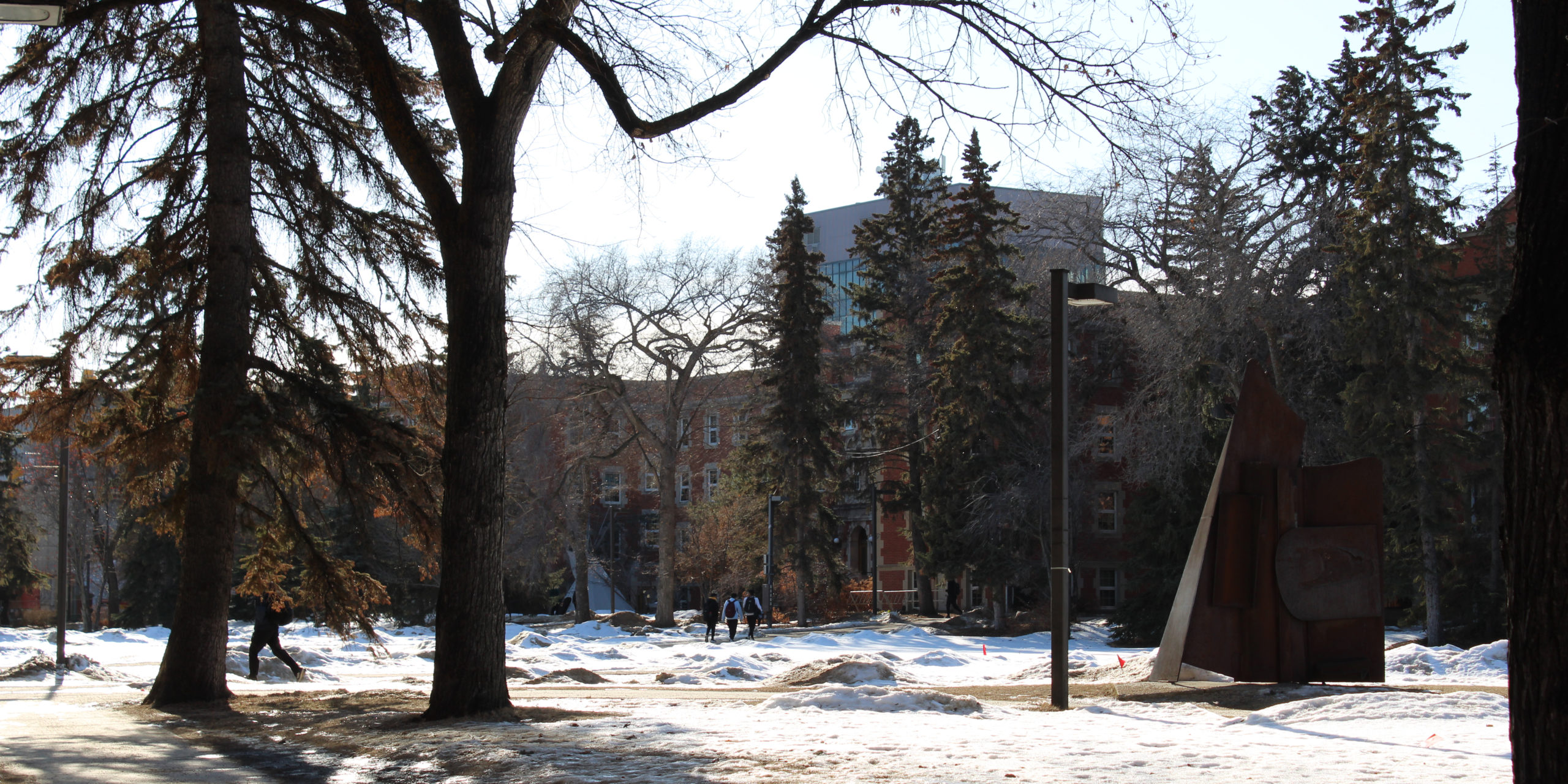The rise in online sports betting in Alberta is generating both economic opportunities and harms, according to University of Alberta political scientist Fiona Nicoll. Education is needed to help Albertans navigate this change within the gambling market, Nicoll said.
“The [online betting] market in Ontario grew by 70 per cent in the past year. Alberta really wants a slice of that action.”
Nicoll’s book, Gambling in Everyday Life, explores the growth of gambling industries over the past 30 years. In Alberta, the expansion of video lottery terminals (VLTs) in restaurants and other hospitality services speaks to the increased normalization of gambling, Nicoll said.
Nicoll is a former research chair for the Alberta Gambling Research Institute (AGRI). AGRI conducted the first national study of problem gambling. According to Nicoll and her colleagues, young men are targeted by online betting apps. Her colleagues in Ontario are finding that these young men often experience financial harm from spending more than they intend to, she said.
“For a very long time, Las Vegas was the only place in North America where you could gamble legally on sports. Now you can bet on small league games all over the world.”
The expansion of online gambling has led to a rise of gambling influencers who are “attracting the new generation of gamblers,” Nicoll said. According to Nicoll, these influencers often mislead young people about the nature of gambling. She urged all users of gambling apps to read the terms and conditions carefully.
“Be aware that excessive expenditure can really accumulate and create serious employment and relationship problems,” Nicoll said. “Consume with care.”
Update to Alberta’s gambling laws will bring a “radical change” to the gambling landscape, Nicoll says
Currently, Play Alberta is the province’s only regulated gambling website. Alberta gambling laws, however, are set to change to allow for “a free market for online sports gambling,” Nicoll said. This new model will bring a “radical change” to Alberta’s gambling landscape, according to Nicoll.
Online sports betting creates behavioural responses similar to those created by slot machines, Nicoll said. These online users often have multiple betting apps downloaded, increasing the difficulty of removing themselves from the “sticky” nature of this type of gambling, she added.
“Within that ecosystem, it can be quite hard for them to extract themselves because they’re experiencing a stream of promotions and special offers,” she said.
“If you put that business model together with all of this influencing, it’s very easy to see how people can imagine that they could be winning good money betting on sports and very quickly get into trouble.”
Nicoll developed and taught a course to educate teachers, graduate students, government professionals, and others on how to prepare for Canada and Alberta’s changing gambling industry. The Gambling and Gaming micro-credential course focused on online sports betting. Participants learned how to find reliable gambling statistics and learned how gaming intersects with gambling, she said.
“People need this information more than ever,” Nicoll said.
Pre-committed amounts of money and time are essential for safe gambling, but this is easier said than done, Nicoll said. She emphasized the stigma that surrounds gambling, and urged people who are struggling with gambling to not feel ashamed and to seek help. She cited GameSense as a source of reliable information on gambling.

